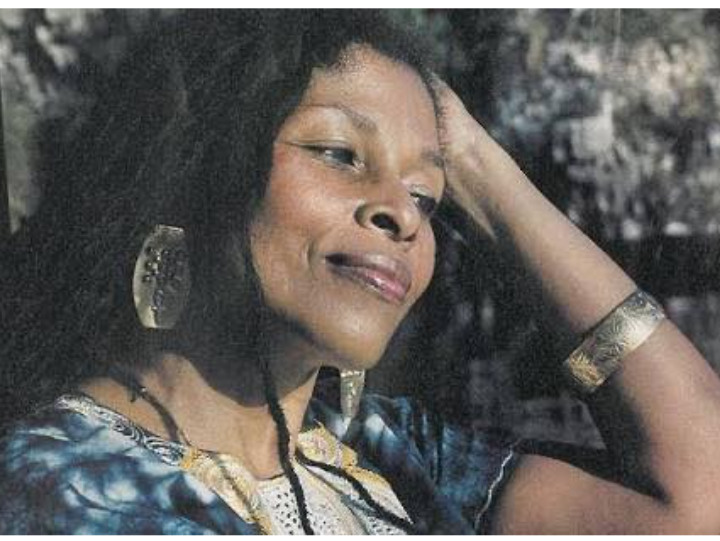CUBA – Black Liberation Activist and Political Icon Assata Shakur Passes Away Peacefully at Age Seventy-Eight
CUBA – Assata Shakur, a prominent figure in the Black Liberation movement and a political icon whose life sparked both admiration and controversy, has passed away at the age of seventy-eight. Her passing marks the end of a chapter in revolutionary activism and leaves behind a legacy that continues to influence discussions on race, justice, and liberation worldwide.
Assata Shakur, born Joanne Chesimard, rose to prominence during the turbulent era of the 1970s. As a member of the Black Panther Party and later the Black Liberation Army, she became a symbol of resistance against systemic oppression in the United States. Her life was marked by activism, hardship, imprisonment, and eventually exile, where she lived in Cuba for decades.
Authorities in Cuba confirmed that she passed away peacefully, surrounded by those close to her. Supporters remember her as a powerful voice for justice who never abandoned her belief in freedom for oppressed people, even in the face of adversity. Her presence in Cuba became symbolic of the ongoing struggles for equality and the fight against racial injustice across the globe.
The story of Assata Shakur has long been polarizing. To many, she was a revolutionary who refused to bow to systems of inequality. To others, her actions and convictions sparked deep controversy. Yet, regardless of differing opinions, her name has remained significant in conversations about race relations, policing, and social justice in America.
In her writings and speeches, Shakur consistently emphasized the importance of liberation, solidarity, and dignity. Her autobiography became a vital piece of literature for those studying the intersections of race, politics, and resistance. For younger generations, it served as a lens into the struggles of the past and a reminder of the continued need for change.
Her time in Cuba was spent largely in reflection and occasional engagement with international movements. Despite the political pressure from the United States over her asylum, Cuban authorities continued to provide her safety, recognizing her as a political refugee. This further solidified her status as a global figure in the struggle for freedom.
Communities across the world have begun expressing grief at her passing. Many activist groups have described her as a “pillar of resistance” and have vowed to keep her vision alive. Tributes highlight not only her resilience but also her commitment to uplifting marginalized voices during a time when speaking out carried great personal risk.
Her passing in Cuba at seventy-eight years old will undoubtedly reignite conversations about her life and what she represented. For many, she is remembered not only for her political involvement but also for her dedication to causes that continue to resonate in today’s world.
As tributes pour in, Assata Shakur’s legacy remains complex, yet undeniable. Whether viewed as a freedom fighter or as a controversial figure, her impact on history cannot be ignored. Her journey illustrates the cost of activism, the struggle for justice, and the resilience of those who dare to challenge deeply rooted systems.
The world now reflects on the life of Assata Shakur, a woman who, through passion and conviction, reshaped the discourse on liberation and justice. Her passing closes one chapter, but her story continues to inspire generations to question, to fight, and to dream of a more equitable world.











